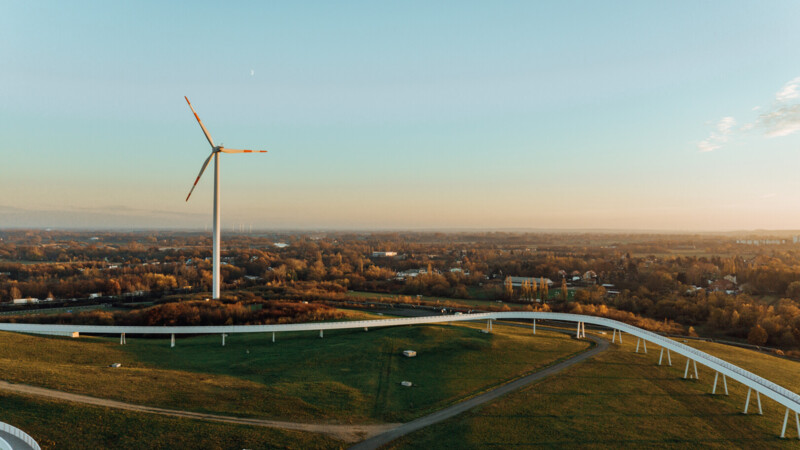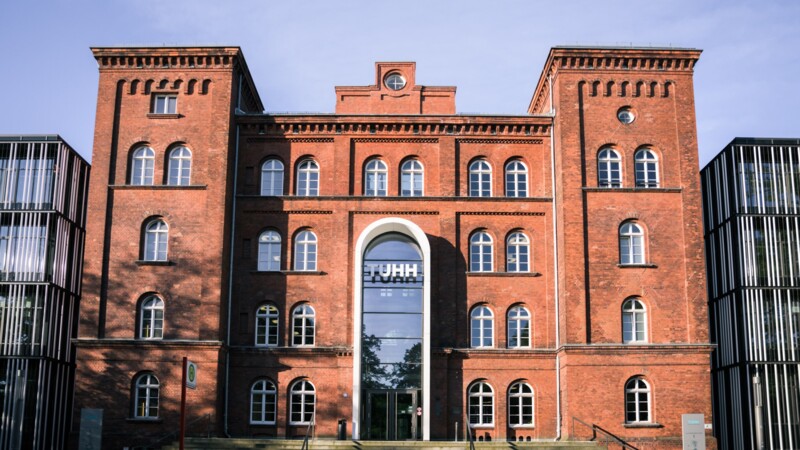The "READi-PtL" research project is part of the X-Energy research partnership at the Competence Center for Renewable Energies and Energy Efficiency (CC4E) and involves HAW's "Process Engineering" research group, Nexxoil and Krebs Brüggen Sekundärrohstoffe. Katharina Fegebank, Senator for Science and Research, remarked: "CC4E is a great example of the innovative power of science in Hamburg. Researchers in various disciplines are tackling all the challenges of the energy transition now and in future." Electro mobility offers limited opportunities in heavy-duty sectors like shipping and aviation, according to Prof. Dr. Werner Beba, Head of CC4E. Thus, the production of sustainable fuels could help decarbonise transport, making the "READi" process and pilot plant a key technology for fuel supply in future.
A pilot plant on HAW’s Life Sciences Campus in Bergedorf is now converting residue waste such as fats and plastic into a climate-neutral, petroleum substitute free of heavy-oil. The plant, which was built as part of the "READi-PtL" research project and received EUR 655,200 in funds from the German Ministry of Education and Research, has an annual capacity of 100 metric tons. The petroleum substitute can be used to produce plastics and all kinds of liquid fuels and offers a climate-neutral, alternative fuel for heavy-duty transport.
Sustainable fuels decarbonizing transport
Hydrogen as an energy carrier
"Three goals were prioritized during development namely sustainable climate protection based on waste, increased efficiency and reduced costs," said Prof. Dr.-Ing. Thomas Willner, Project Manager of "Readi-PtL." As a result, production is done where the waste materials are generated. That keeps transport costs to a minimum and makes previously unusable resources available. The Readi (Reactive Distillation) also facilitates the regional production of climate-neutral fuels. During the processing of the petroleum substitute, hydrogen is used as an energy carrier and very little electricity is consumed. The new pilot plant should give insight into adapting the process to industrial production.
nj/mm/pb
Sources and further information
More
Similar articles

HAW celebrates 15 years of climate and sustainability research

CC4E now permanent fixture of HAW Hamburg

Hamburg to host UITP Global Public Transport Summit in 2025 and 2027
